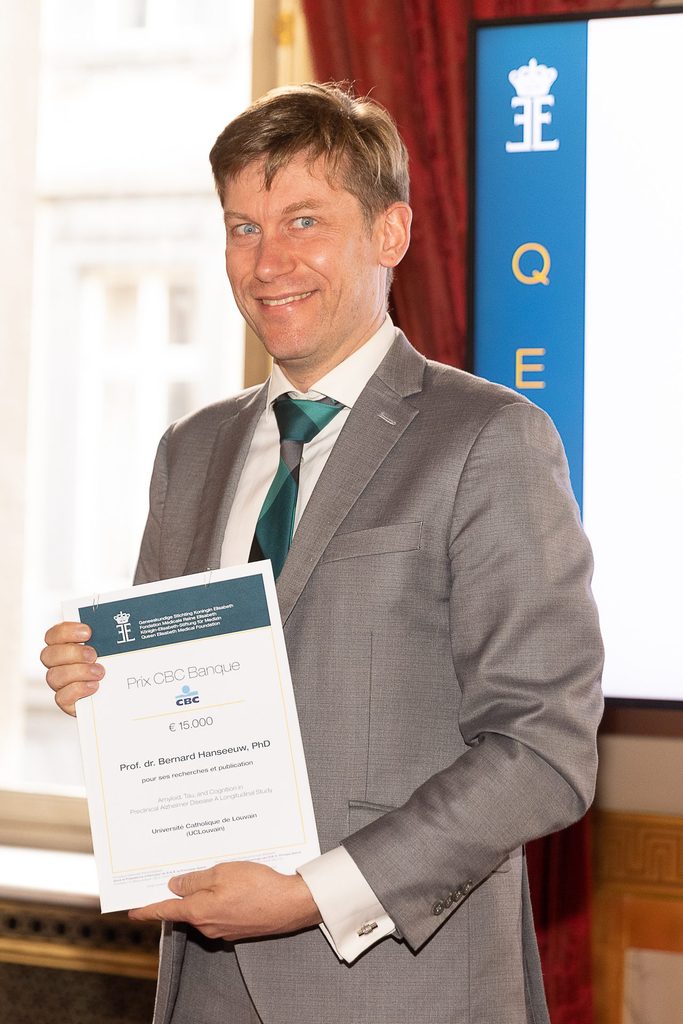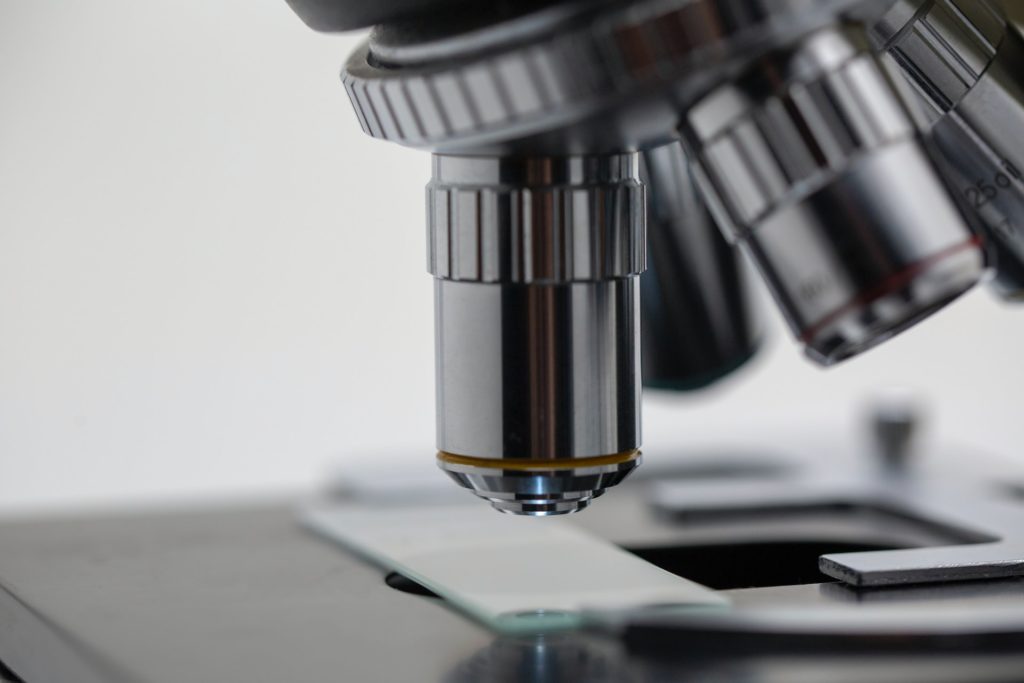A team of scientists from UCLeuven’s Institute of Neuroscience, led by Professor Bernard Hanseeuw, have made significant progress in the field of Alzheimer’s research.
The team just discovered a means for more reliable antemortem diagnosis of the disease, as well as other similar neuro-degenerative diseases, the university announced on Friday. This study is published in the Nature Communications journal.
For years, scientists have been trying to better understand Alzheimer's disease and other neurodegenerative disorders, known as tauopathies, because they involve the tau protein.
However, researchers have repeatedly faced a difficulty: how to reliably diagnose disease before death.
Until today, only the autopsy allowed medical professionals to analyse the aggregation of tau protein in the brain, which is symptomatic of many cerebral pathologies, and therefore to know with certainty what type of neurodegenerative disease the person suffered from.
While it is currently possible to take cerebrospinal fluid by lumbar puncture from a living patient and find diseased tau proteins, it is still impossible to identify the exact disease, based on this sample.
Nevertheless, researchers from the Institute of Neuroscience (IoNS) had the idea of exploring a new method using a powerful tool available at the Duve Institute of UCLeuven, mass spectrometry, which is able to characterise proteins.
Researchers compared the aggregated tau protein (a focus for 30 years) and the same soluble protein (not aggregated). In this form, it has the advantage of being able to be characterised during the patient's lifetime, by means of a lumbar puncture, which is currently possible, or in the future, with a blood test.

Professor Doctor Bernard Hanseeuw pictured during an academic session of the Queen Elisabeth Medical Foundation (FMRE) in 2021. Credit: Belga / James Arthur Gekiere
"The originality of the work is to have compared the soluble protein and the aggregates, whereas most biochemists work on the aggregates, visible under the microscope," emphasises Professor Bernard Hanseeuw.
Related News
- Liège astronomers discover water in space
- 'Revolutionary' results: UCLouvain breakthrough in organ transplant rejection
On a more fundamental level, this comparison makes it possible to better understand the aggregation of proteins which are at the origin of neurodegenerative diseases, and opens the way to more reliable diagnoses, as well as possible treatments.
In Belgium, approximately 100,000 people suffer from dementia. The majority of them have Alzheimer's disease; a minority suffer from primary tauopathies such as corticobasal degeneration, Pick's disease or frontotemporal lobe degeneration.

